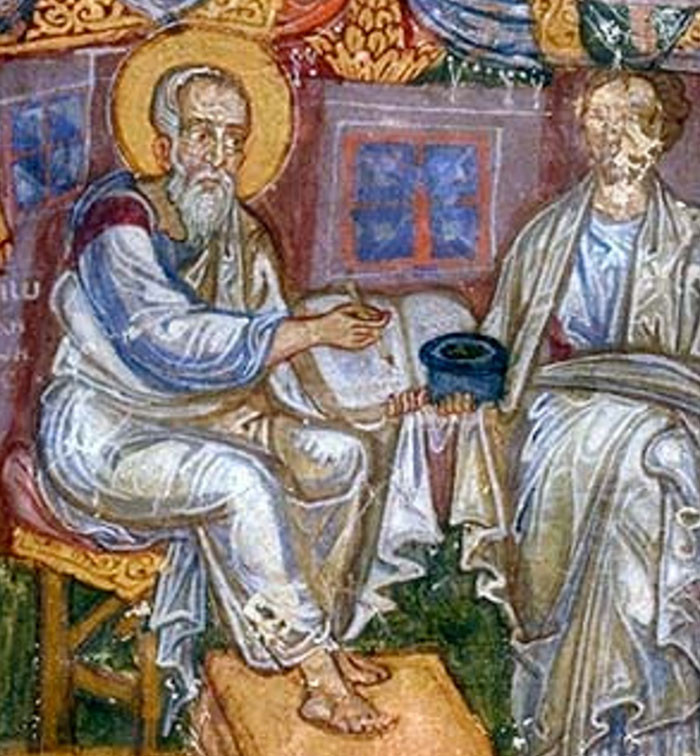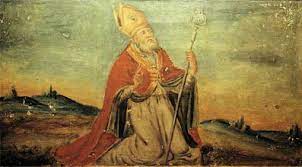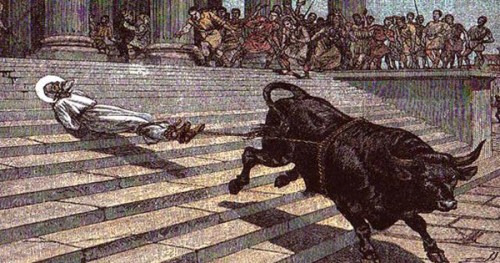Valentinus
Valentinus, founder of one of the Gnostic sects which originated in the first half of 2nd cent. I. Biography.—According to the tradition of the Valentinian school witnessed to by Clemens Alexandrinus, Valentinus had been a disciple of Theodas, who himself, it is very improbably said, knew St. Paul. Valentinus cannot have begun to disseminate his … Read more


